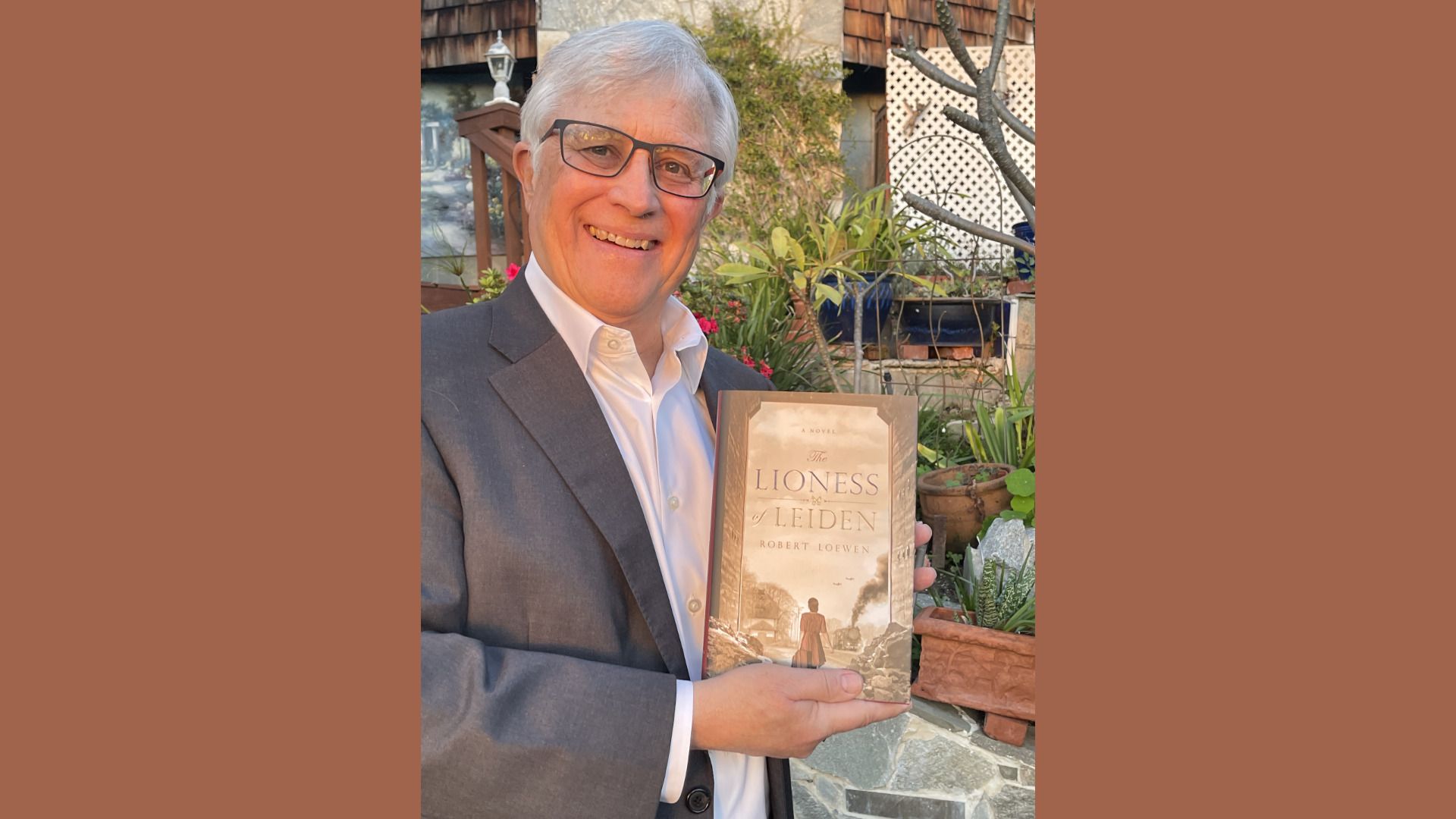Write Now With Robert Loewen
Today's Write Now interview features Robert Loewen, a novelist who was inspired by his mother-in-law’s true story.
This post is only for subscribers.
Already have an account? Sign in
Subscribe to new posts